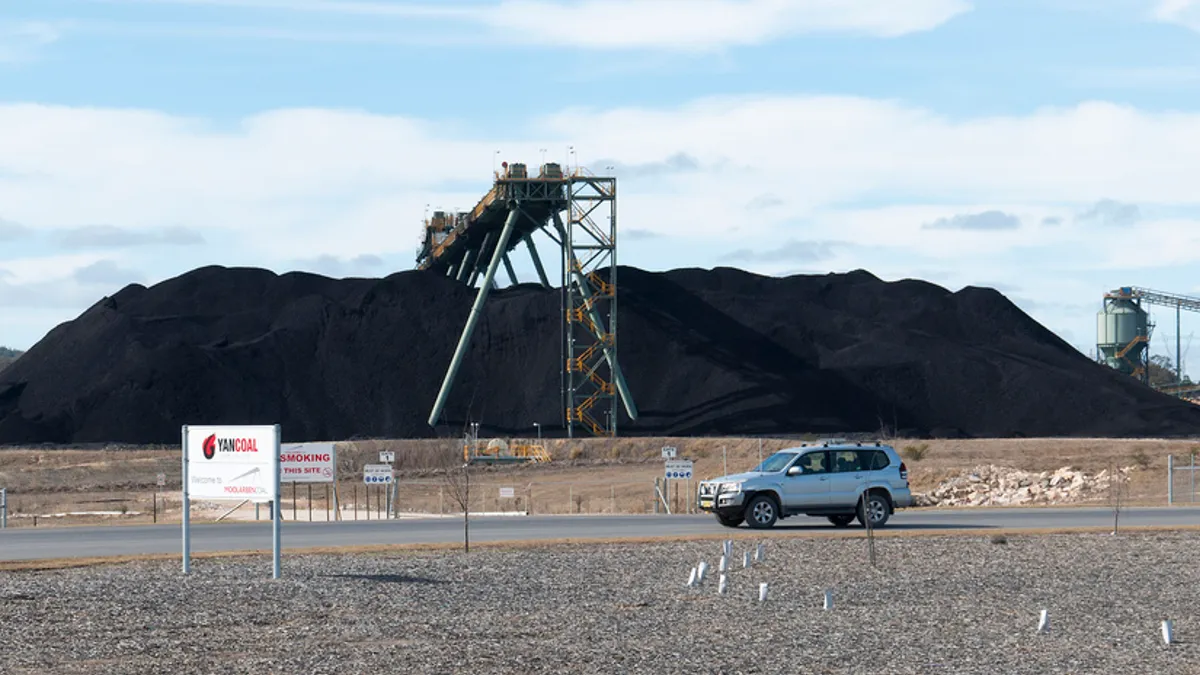Dive Brief:
- California state transportation funds will not subsidize the costs of new coal export terminals, according to a bill signed by Gov. Jerry Brown on Friday.
- The bill places the state at odds with other western states, like Utah and Montana, which need new export markets in face of decreasing coal demand in the U.S., according to the Long Beach Press-Telegram.
- Environmental activists are looking to limit coal exports to Asia hoping the supply crunch will force countries to invest in more sustainable resources. Critics contend, however, coal is a commodity and cannot be treated differently from other goods under federal law.
Dive Insight:
Events in California have the potential to set a precedent for managing the growing chasm between environmental advocates and commodity exporters. As the U.S. works to enforce standards promised at the Paris Climate Accords earlier this year, California may prove a useful case study for concerned manufacturers and logistics managers.
In the last month, California has positioned itself as a leader in environmental policy by blocking the construction of a major coal export terminal in Oakland and by passing legislation promising further reductions of greenhouse gas emissions by 2030.
Yet since state transportation funds are pivotal resources for any port construction project, the coal industry will likely challenge the new legislation in court.
Such challenges could provide clarity on two issues relevant to many manufacturers: can government agencies legally discriminate against commodities on the basis of greenhouse gas emissions; and if so, how far and to whom can such regulations extend?














